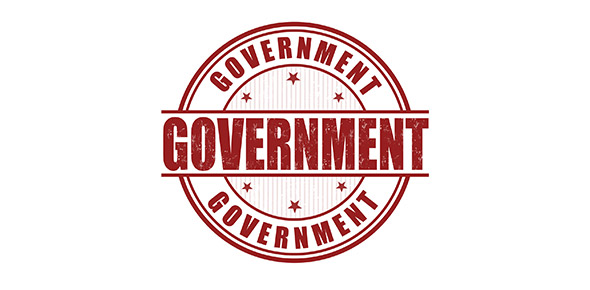Related Flashcards
Related Topics
Cards In This Set
| Front | Back |
|
A fundamental democratic principle requiring that the majority's view be respected.
|
Majority Rule
|
|
System in which each branch of government can limit the power of the other two branches.
|
Checks and Balances
|
|
System of govt. in which all power in invested in a central govt.
|
Unitary System
|
|
A system of govt. in which power is divided by a written constitution between a central govt. and regional govts. As a result, two or more levels of govt. have formal authority over the same geographic area and people.
|
Federalism
|
|
Power specifically granted to the federal govt. by the Constitution.
|
Expressed Powers
|
|
Powers of the federal govt. that go beyond those enumerated in the Constituion. These powers are derived from the elastic or necessary and proper clause.
|
Implied Powers
|
|
Powers not specifically granted to the national govt. or denied to the states. These powers are held by the states through the Tenth Amendment.
|
Reserved Powers
|
|
Situations in which the national and state govts. work together to complete projects. Also called fiscal federalism.
|
Cooperative Federalism
|
|
Funds provided for a specific and clearly defined purpose..
|
Categorical Grant
|
|
Funds granted to the sates for broadly defined purpose. Because these grants shift resources from the federal govt. to the states, they contribute to the growing number of state and local govt. employees.
|
Block Grant
|
|
Rules telling states what they must do to comply with federal guidelines.
|
Mandate
|
|
A movement to transfer the responsibilities of governing from the federal govt. to state and local govts.
|
Devolution
|






